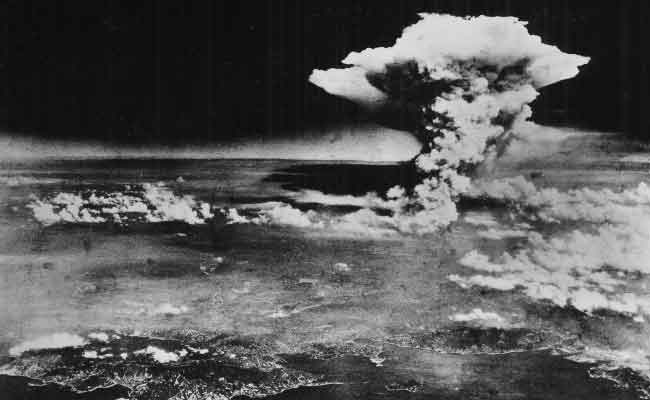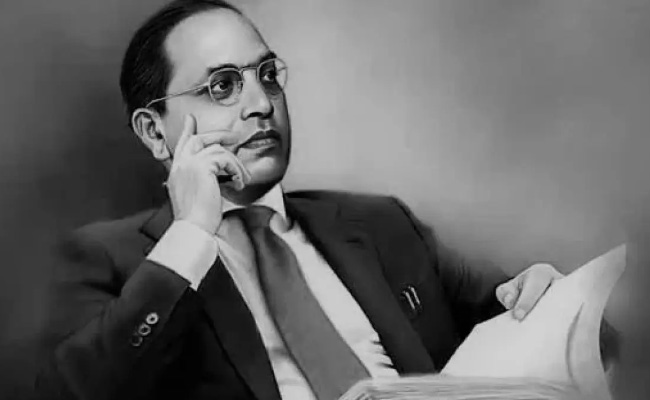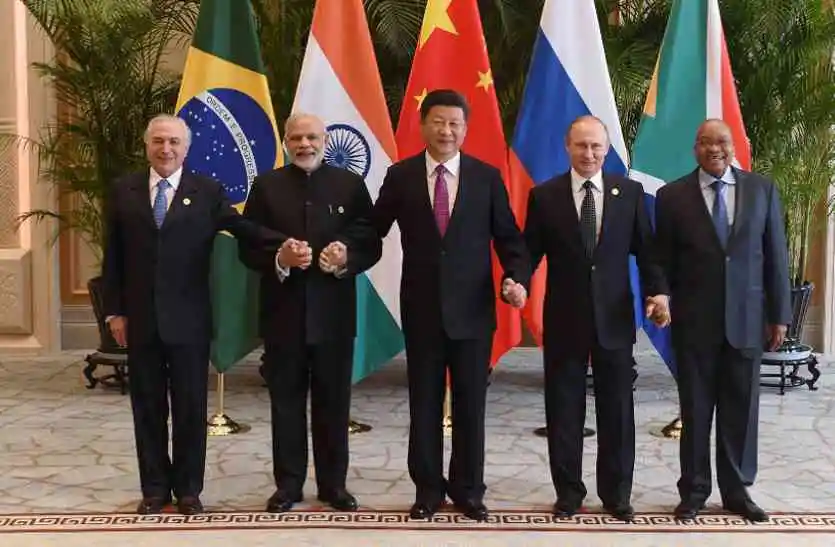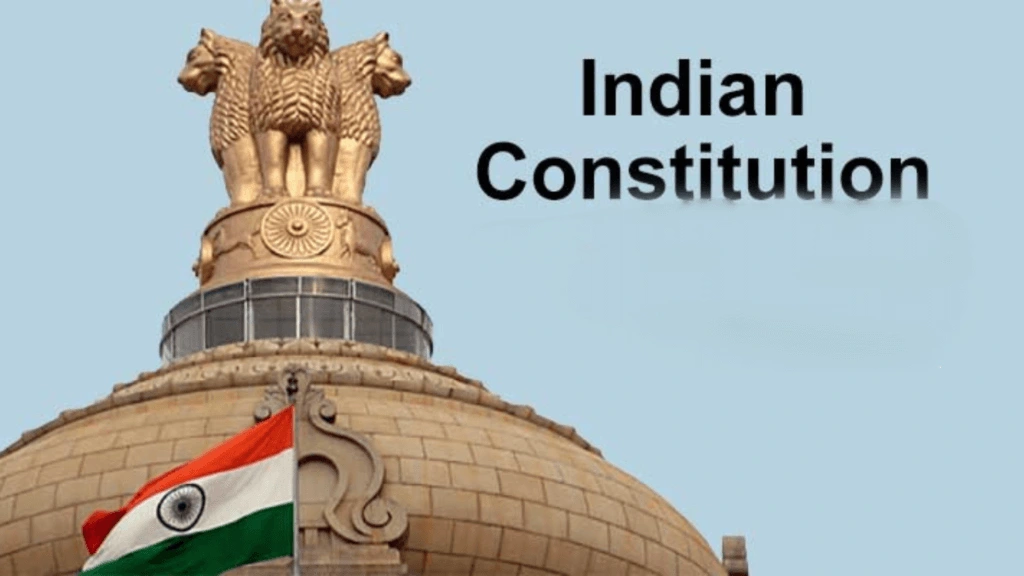Hiroshima and Nagasaki: On August 6th and August 9th, 1945, the cities of Hiroshima and Nagasaki were destroyed by atomic bombs dropped by the United States. The bombings resulted in unprecedented loss of life and catastrophic destruction, marking a turning point in the Second World War and in human history.
The Decision to Drop the Bomb
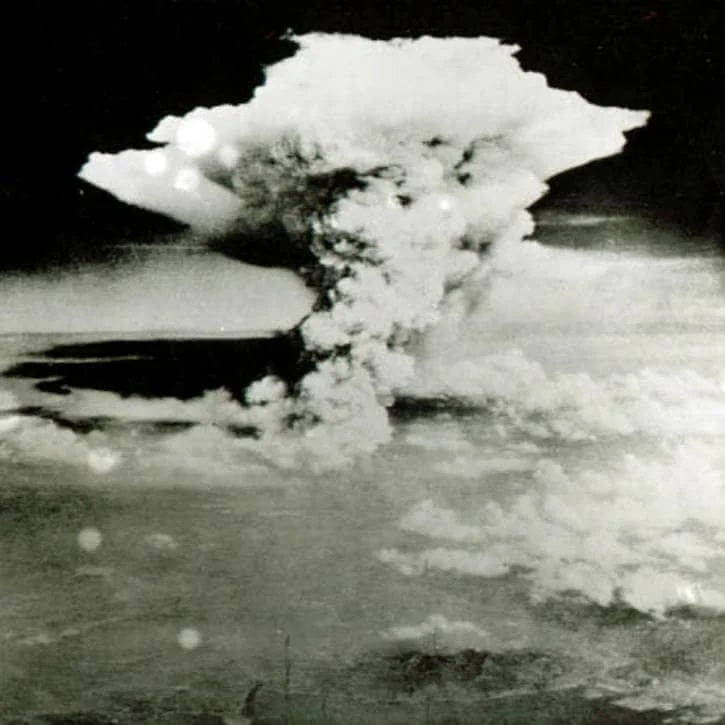
The decision to drop the atomic bombs on Hiroshima and Nagasaki was not taken lightly. The United States had been at war with Japan for years, and the conflict was taking a heavy toll on both sides. The U.S. military had been making steady progress in the Pacific Theater, but the Japanese forces were stubbornly resisting and refused to surrender. The U.S. faced a difficult choice: continue the fight and risk more American lives, or try to bring the war to a swift end.
President Harry S. Truman, who had just assumed office following the death of President Roosevelt, faced this tough decision. He was informed of the existence of the atomic bomb, which had been developed as part of the Manhattan Project, a secret research program. Truman was presented with several options, including a demonstration of the bomb’s power, a warning to Japan, and an immediate use of the bomb on a military target.
Truman ultimately chose to use the bomb, believing that it was the quickest way to end the war and save American lives. He authorized the bombing of Hiroshima on August 6th, and Nagasaki on August 9th, with devastating consequences.
The Aftermath of the Bombings
The atomic bombings of Hiroshima and Nagasaki were unprecedented in their destructive power. The bombs killed an estimated 200,000 people, many of them civilians, and left countless others injured and traumatized. The immediate aftermath of the bombings was marked by scenes of horror and devastation, as survivors struggled to cope with the aftermath of the explosions.
The long-term effects of the bombings were also severe. Many survivors suffered from radiation sickness and other health problems, and the radiation continued to affect future generations. The bombings also had a profound psychological impact on the people of Japan, and on the world as a whole. They marked the beginning of the nuclear age, and the realization that human beings had the power to destroy themselves with their own technology.
The Legacy of Hiroshima and Nagasaki
The legacy of the Hiroshima and Nagasaki bombings is complex and far-reaching. The bombings are still the subject of debate and controversy, with some arguing that they were necessary to end the war, while others believe that they were unjustifiable acts of mass destruction.
Regardless of one’s perspective, there is no denying the profound impact that the bombings had on the world. They sparked a global movement for peace and disarmament, and led to the creation of international agreements to limit the spread of nuclear weapons. They also served as a warning about the dangers of unchecked technological progress, and the importance of ethical considerations in scientific research.
Lessons for the Future

As we look back on the tragedy of Hiroshima and Nagasaki, we must also look forward to the future. The world is still threatened by the possibility of nuclear war, and there are many other existential threats facing humanity, such as climate change and pandemics. We must learn from the lessons of the past and work to build a safer, more just, and more sustainable world.
This means investing in diplomacy and conflict resolution, rather than relying on military force. It means prioritizing human security over national security, and working to address the root causes of conflict and insecurity. It means supporting scientific research that is guided by ethical considerations, and that promotes human well-being and environmental sustainability.
The bombings of Hiroshima and Nagasaki were a tragic and dark chapter in human history.
Read Also: World War II
![]()

